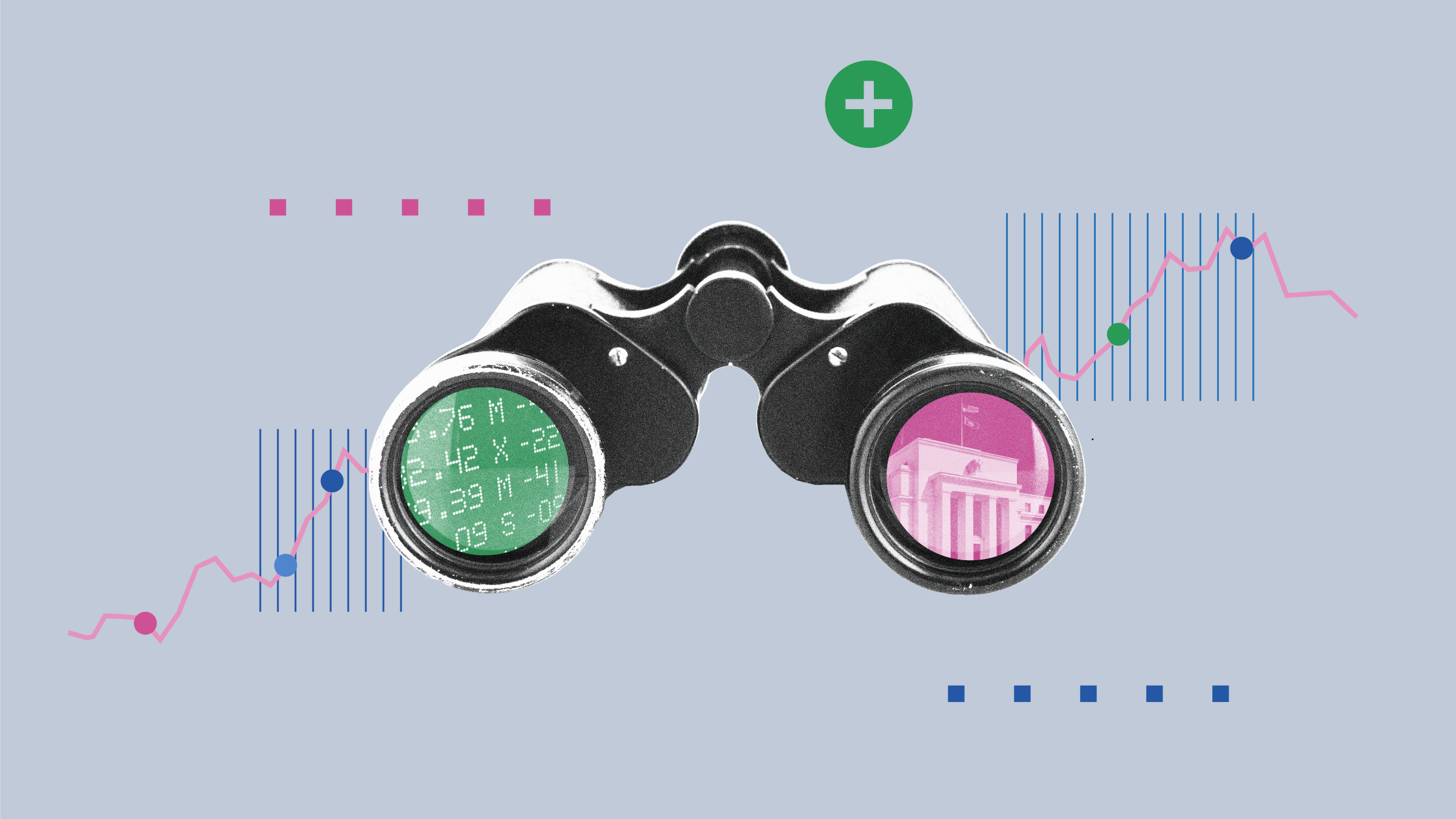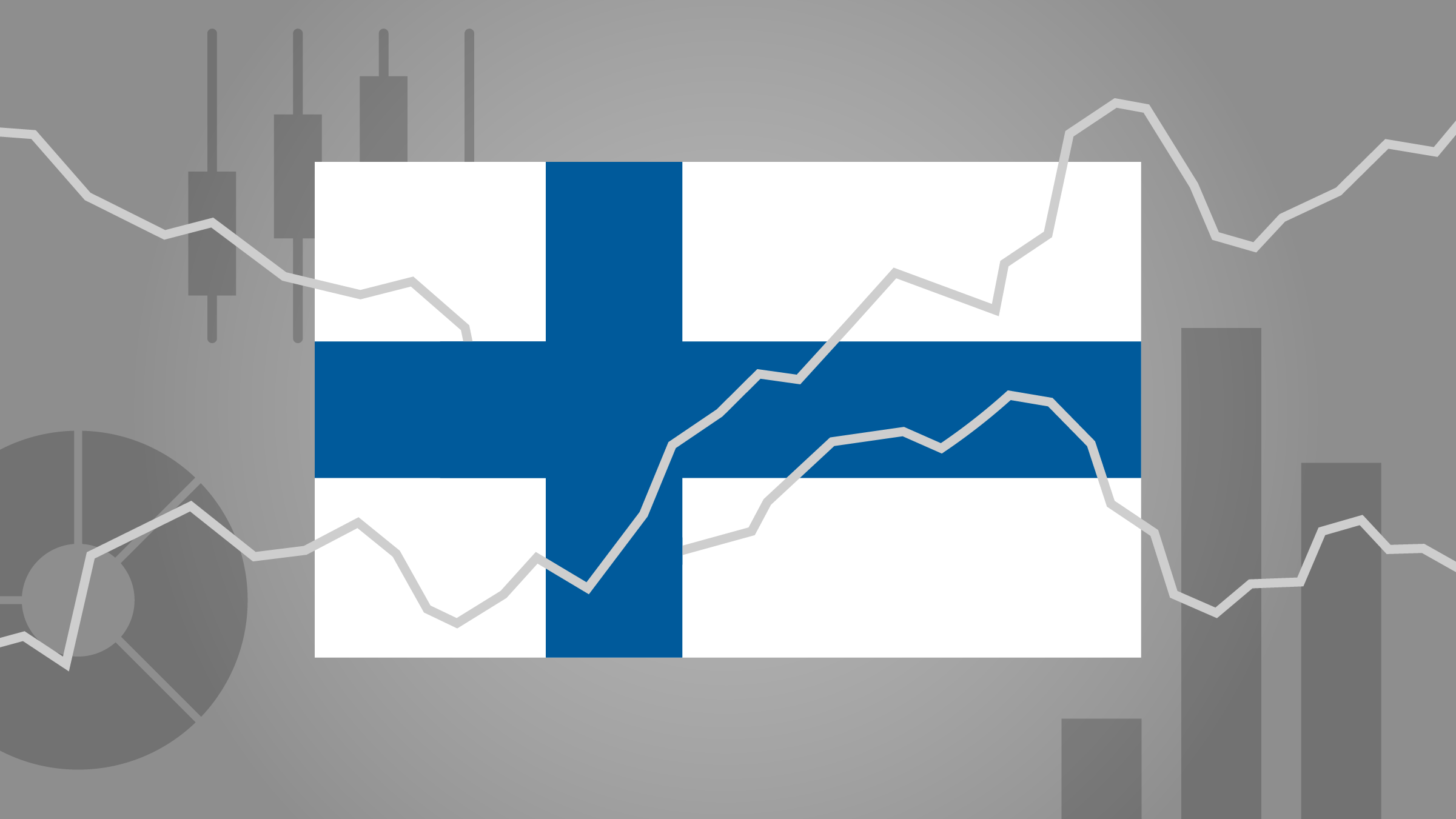Morningstarin Lontoon-toimiston vieraaksi tuli vastikään ranskalaisen Carmignac-varainhoitoyhtiön sijoituskomitean johtaja Didier Saint-Georges. Hän tiivistää haastattelussa olennaiseen yhtiön näkemyksen Euroopasta, Yhdysvalloista ja kehittyvistä maista. Haastattelija on Morningstarin Emma Wall.
Emma Wall: Hello, and welcome to the Morningstar Series, Market Reaction. I'm Emma Wall and here with me today is Didier Saint-Georges from Carmignac.
Hello, Didier.
Didier Saint-Georges: Hello.
Wall: So you're here today to give us a global market outlook. I thought we'd start with the – perhaps the region you're most familiar with, which is Europe; what change with the ECB announcing some measures recently. How will this affect markets?
Saint-Georges: Well, it was already high time that Mr Draghi would really try to do something powerful. We have to remember that he's talked a lot so far, but hasn't acted that much. So that's a good beginning, but it's going to take more to get the European economy going.
Wall: So you think these measures aren't going to be enough to kick-start growth?
Saint-Georges: No, they're not going to be enough. Clearly, the momentum of the European economies is very slow right now; it will take more action from the ECB to get the economy going.
Wall: So what will it take then?
Saint-Georges: Well, probably it will take the first measures to have an impact already on the behaviour of banks, maybe instill some confidence so that the borrowers start borrowing a bit more and then he would be able to move on to new measures, a lot possibly a real form of European quantitative easing.
Wall: And these measures making it easier and cheaper for banks to borrow money, so they can lend it out. That will again have an impact on markets, won't it, because if businesses are able to borrow money, surely that means good things for equities?
Saint-Georges: Yeah, it's almost they way around in the sense that what Mr Draghi is doing is clearly good for the banks. It will be good for financial assets. There is a reflation of financial assets. The extent to which it will be good for the real economy will depend on the appetite for more debt, more borrowing and that is very unsure for the time being. So, Mr Draghi clearly will have an effect on the supply side, but the demand side is not within his scope.
Wall: Turning to the U.S., this has been quite an interesting year for the U.S. The first three months were pretty dire, having to massively downgrade growth forecasts because of this one-off weather event or was it just down to the one-off weather event? What's going on there?
Saint-Georges: I think we have a case of an economy which is of course doing a lot better than the European economy, but it's still a weak recovery. And I think this uncertainty about quarterly performance not only says a lot about how reliable official statistics can be, but also it says a lot about how fragile the U.S. economy is. So, it is sending a message to Janet Yellen that she should be careful before tightening.
Wall: And quantitative easing obviously is coming to an end over there. Do you think as that tapers down, we will start to see these interest rate rises, or do you think as you offered there, perhaps there will be a bit of a wait?
Saint-Georges: No, there will be a wait, the question is how much. Our opinion is that the U.S. economy is not that strong that Janet Yellen should take the risk of tightening too early. It looks like according to the posture that she's taken so far that she will be more tempted to take the risk of tightening too late, rather than take the risk of tightening too early.
Wall: And while she's fiddling about with what's going on in the economy, the markets are doing extremely well in the U.S. aren't they? I mean, there's very much a disconnect between perhaps a slightly weaker economy and a fantastic stock market.
Saint-Georges: Yeah, absolutely. You could make that case also for Europe because the discrepancy is even more striking; in the U.S., at least there is some momentum in the real economy. And the tapering so far has been well absorbed by the economy really at the end of the day. So, for the time being the profile of the U.S. economy and the U.S. market is more reassuring than it is in Europe.
Wall: I mean, talking about tapering, that brings us quite nicely on to emerging markets because it wasn't just the U.S. that was affected back when Ben Bernanke said that tapering would happen, emerging markets massively sold off. How are emerging markets are looking today, a year on?
Saint-Georges: Yeah, that's been – you're absolutely right. It's been the major feature last year. It looked like the tapering would have a major effect on global liquidity and therefore on emerging markets. One year later, quite reassuringly this tapering hasn't had such a big effect on liquidity and emerging markets have done quite well during that period.
I think it is making the case for at least some emerging economies to be sort of a standing on their own feet; and even with the tapering, by their own efforts, those economies have continued to do quite well and therefore the markets. It's a case for India, it's the case for Mexico, it's also the case of China – they're making progress every quarter despite this tapering.
Wall: That's because at least two of those have had new governments, haven't they, which are putting policies in place, which are helping to instill economic growth?
Saint-Georges: No, absolutely. It's both the case of reforms of the governments doing the right things, it's also a case of economic cycle. In India, Mr Modi is doing the right things, but also happens to have some tailwind. The economic cycle is moving up in India. The second quarter was the strongest quarter in terms of economic growth for the past three years. So, when you have governments doing the right things and the economic cycle improving, surely, it pegs away for pretty healthy markets.
Wall: Didier, thank you very much.
Saint-Georges: Thank you.
Wall: This is Emma Wall for Morningstar. Thank you for watching.





















